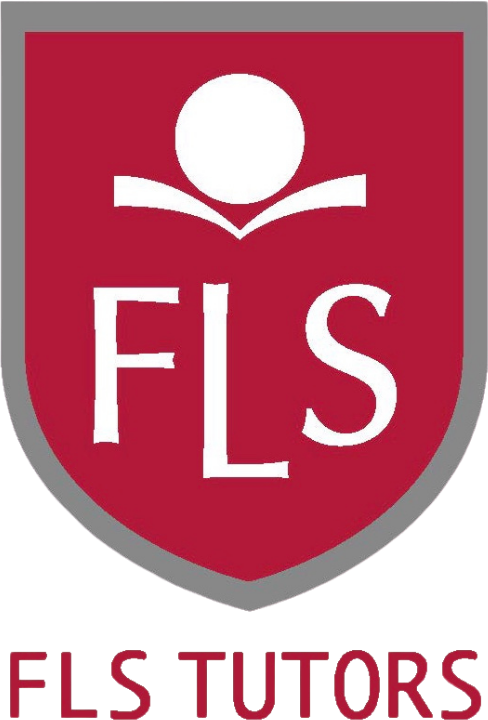Usually clocking in at only 600-700 words, the personal statement, whether for the Common App or another independent application is one of the few places on a college application that your voice can really shine through. It can distinguish them from other candidates who look similar on paper, and in a time when more and more schools are choosing test-optional or test-blind admissions, it’s taken an even greater role in the application process.
With that being said, how do you write a good personal statement?
Pick a Good Topic
Your topic should be the first item to pin down. It should be something that is interesting to you, and interesting to the admissions counselor. Combining the two may be easier than you think—your writing will be easier, more vivid, and more authentic if you write about what interests you, rather than what you think the admissions counselor will want to hear. Nearly automatically, this more genuine writing style will create an essay that will be more interesting to the admissions representative. Only if you are deciding between two topics of equal interest should you consider the interest of the admissions counselor. If you want to write about playing football, how many “winning championship” essays has this representative read today? Is there a new or interesting angle you could take?
This is also your chance to reveal something new and unique about yourself. The admissions representative likely already knows your various activities—take this opportunity to show your personality and values. Does playing football appeal to you because of the tactical command you have over an ever-shifting reality as a quarterback? Does it show your dedication and loyalty as you recovered from an injury? Representatives are looking for students who will be good classmates, roommates, campus citizens and lab partners. Now is your chance to show that.
Finally, this may also be your moment to address anything unusual about your application. Have you failed a class, taken a gap year, or had disciplinary issues at school? A clear-eyed and thoughtful discussion of how you’ve grown as an individual might be in order.
[Read: What Colleges Look for on Successful Applications]
Write an Attention-Grabbing Introduction
Have you ever watched a movie that started so slowly you found yourself falling asleep?

That’s the last impression you want to give with your personal statement. Your introduction needs to reach out and immediately draw the admissions representative into your story. Think of your personal statement as creative writing rather than an essay you would write in English—we want to begin with the action and certainly stay away from anything that sounds like a thesis statement. Rather than beginning with “The most important moment in my life has been…” or anything similar, begin by vividly describing that moment. Admissions representatives are smart, well-read people, and they know personal statements. They’ll understand this moment is important.
Tell a Good Story

As we discussed earlier, the personal statement has much more in common with creative writing than with an academic essay. You are telling a story or showing vivid, engaging moments that explain something important about yourself, your values or your personality. (Notice all the you’s there?) Your personal statement should sound like you too. Think about how you might tell this story to a teacher or mentor. Be authentic and avoid reaching for a thesaurus to dress up your language.
Telling a good story means that all the creative writing rules apply. Feel free to use a few lines of dialogue as appropriate and above all, show, don’t tell. There’s a huge difference between When I make my grandmother’s pasta sauce, I remember her and When the onions start to sizzle and I can smell the pungent scent of heating olive oil, I can almost hear my Nonna’s quiet voice. Consider all five senses, head and heart. In the important moment you are writing about, what did you see, hear, taste, touch or smell? What did you think or feel?
[Read: College Application Checklist]
Make a Good Point
Despite the many ways that the personal statement resembles creative writing, we’re still going to borrow one important point from your English classes. You may have heard your teachers discuss the “So What.” What does your essay change about the reader’s understanding of the text? For our personal statement, we want to keep this in mind as well.
What does your essay change about the admission representative’s understanding of you?
As you write, remember to implicitly connect your narrative to the aspect of your personality or values that you’re trying to show. You may not need to state it explicitly at the end of your essay, but this is another method worth considering.
Revise a Bad Draft

Even once you have done all of this, you may look at your rough draft and wince. That’s alright! They’re called rough drafts for a reason. Hopefully you have started writing in time to revise your essay at least once—and preferably more than once.
If you have time, set your personal statement to the side for a day or two. This will help you look at it with fresh eyes. When you do, double check that you’ve hit all the points discussed in this article, then read it aloud. That will help you notice any awkward sentences or grammar errors. Reading aloud makes you slow down and really look at each sentence—if it sounds strange aloud, it’s time to revise! If you have even more time, get a second opinion from a peer, a teacher, or a parent.
Your personal statement is one of the most important parts of your essay application. It’s worth spending your time on, and you don’t have to tackle it alone! FLS Tutors has experienced college coaches who can help you with every step, from brainstorming to those final touches. Let us know what you need!



